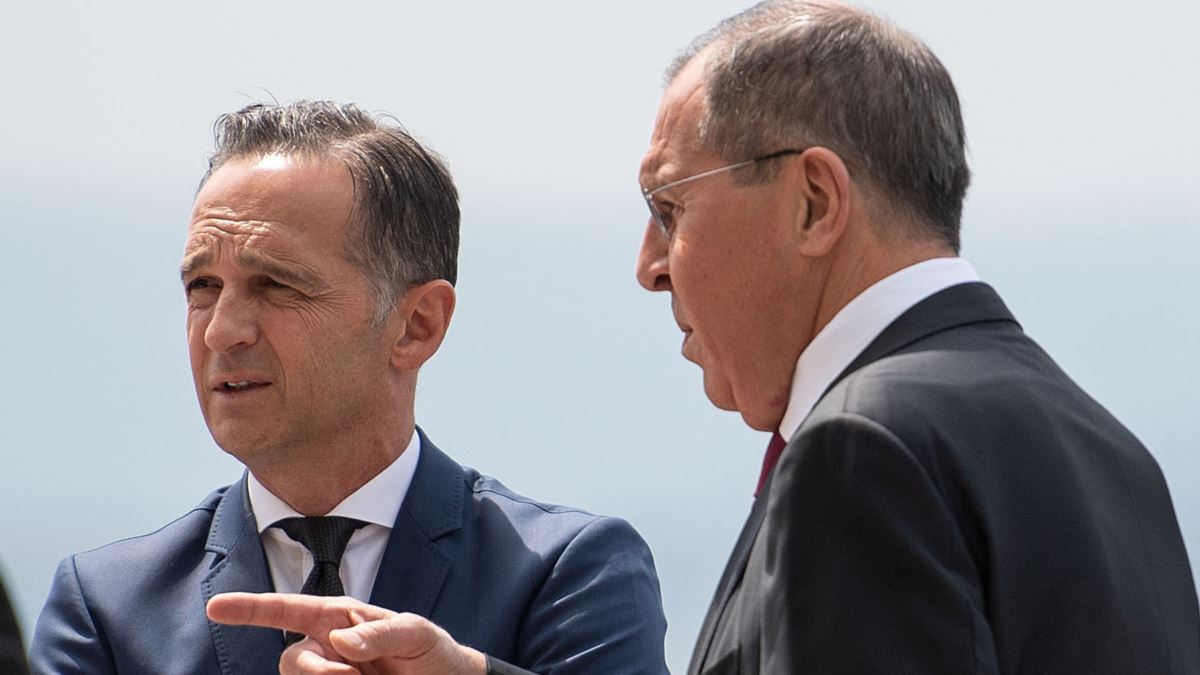

German Foreign Minister Heiko Maas has rejected allowing Russia’s return to the Group of Seven (G7), after U.S. President Donald Trump raised the prospect of Moscow rejoining the group of leading economic powers.
“The reason for expelling Russia was its annexation of Crimea and intervention in eastern Ukraine,” Maas said in an interview to be published on July 27 in two German newspapers, Rheinische Post and Bonner General-Anzeiger.
“So long as we don’t have a solution there, I don’t see any chance” of Russia rejoining the G7, Maas said.
Trump suggested that Russia return to the G7 in May when he announced plans to postpone the annual summit until September because of the coronavirus pandemic. He said he would like to expand the list of invitees to include Australia, Russia, South Korea, and India.
At the time, Trump said it was “common sense” to invite Russian President Vladimir Putin to an expanded G7 summit because countries needed to talk to Russia despite its policies on the international stage and illegal annexation of Crimea from Ukraine.
Russia was formerly in the group but was expelled in the wake of its annexation of Crimea from Ukraine in 2014.
Maas said the relationship with Russia right now is difficult “in many dossiers.”
“Russia itself can make the largest contribution to opening such doors,” Maas said of the idea to allow Moscow back in the elite group.
“The G7 and G20 are two sensibly coordinated formats. We don’t need a G11 or G12,” he said.
The G7 includes the United States, Canada, Germany, Japan, France, Britain, and Italy.
Maas noted Russia is needed to reach solutions to conflicts in Syria, Libya, and Ukraine.
A solution to these issues “will happen with Russia, not against Russia,” he said.
Germany currently holds the rotating presidency of the European Union and has been involved in diplomacy to end the conflicts in Libya, Syria, and Ukraine. It is also a non-permanent member of the UN Security Council.